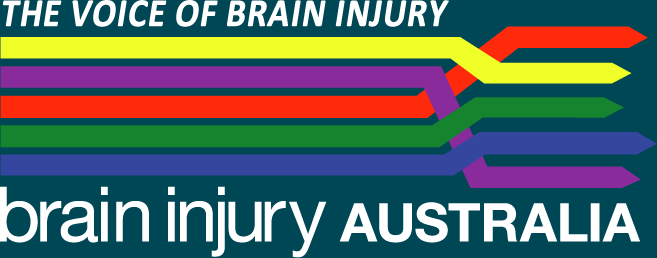ARBI Associated disorders
The degree of brain injury resulting from excessive alcohol consumption depends on many factors, including the amount and pattern of consumption, age, sex, nutrition and individual differences. ARBI may be mild, moderate, severe or very severe. ARBI is associated with changes in cognition (memory and thinking abilities), difficulties with balance and coordination and a range of medical and neurological disorders. The following are common disorders related to ARBI:
Cerebellar Atrophy
Injury to the part of the brain called the cerebellum causes balance and coordination difficulties which typically affect the lower limbs and results in a wide-based gait (walking with the legs wide apart). Ataxia is the term used to describe the gait disorder.
Peripheral Neuropathy
Peripheral neuropathy is a sensory disturbance affecting the hands, feet and legs. It usually begins in the feet with numbness, pins and needles, burning sensations and pain, and may progress to loss of knee and ankle reflexes and muscle wasting.
Hepatic Encephalopathy
Hepatic encephalopathy is the neuropsychiatric syndrome seen in patients with liver disease. It can present with striking neurological and psychiatric changes and is characterised by acute exacerbations and remissions. The syndrome features changes in sleep, mood and personality. Impairment and fluctuation of consciousness is accompanied by confusion, delirium and hallucinations and in the latter stages will progress to coma.
Frontal Lobe Dysfunction
Injury to the frontal lobes of the brain results in changes in thinking patterns, behaviour and personality. Frontal lobe dysfunction makes it difficult for people to plan and organise, to monitor and control behaviour, to think flexibly, and to adapt to change or unfamiliar situations.
Wernicke's Encephalopathy
Wernicke's encephalopathy is the acute neurological reaction to severe thiamine deficiency and causes multiple disturbances of vision, ataxia, and confusion. It may be reversed by administration of large doses of thiamine, but left untreated may progress to coma and death.
Korsakoff's Amnesic Syndrome
Korsakoff's amnesic syndrome is a profound impairment of short term memory that results in an almost complete inability to acquire any new information. An associated feature is confabulation, or tendency to fabricate missing memories.
